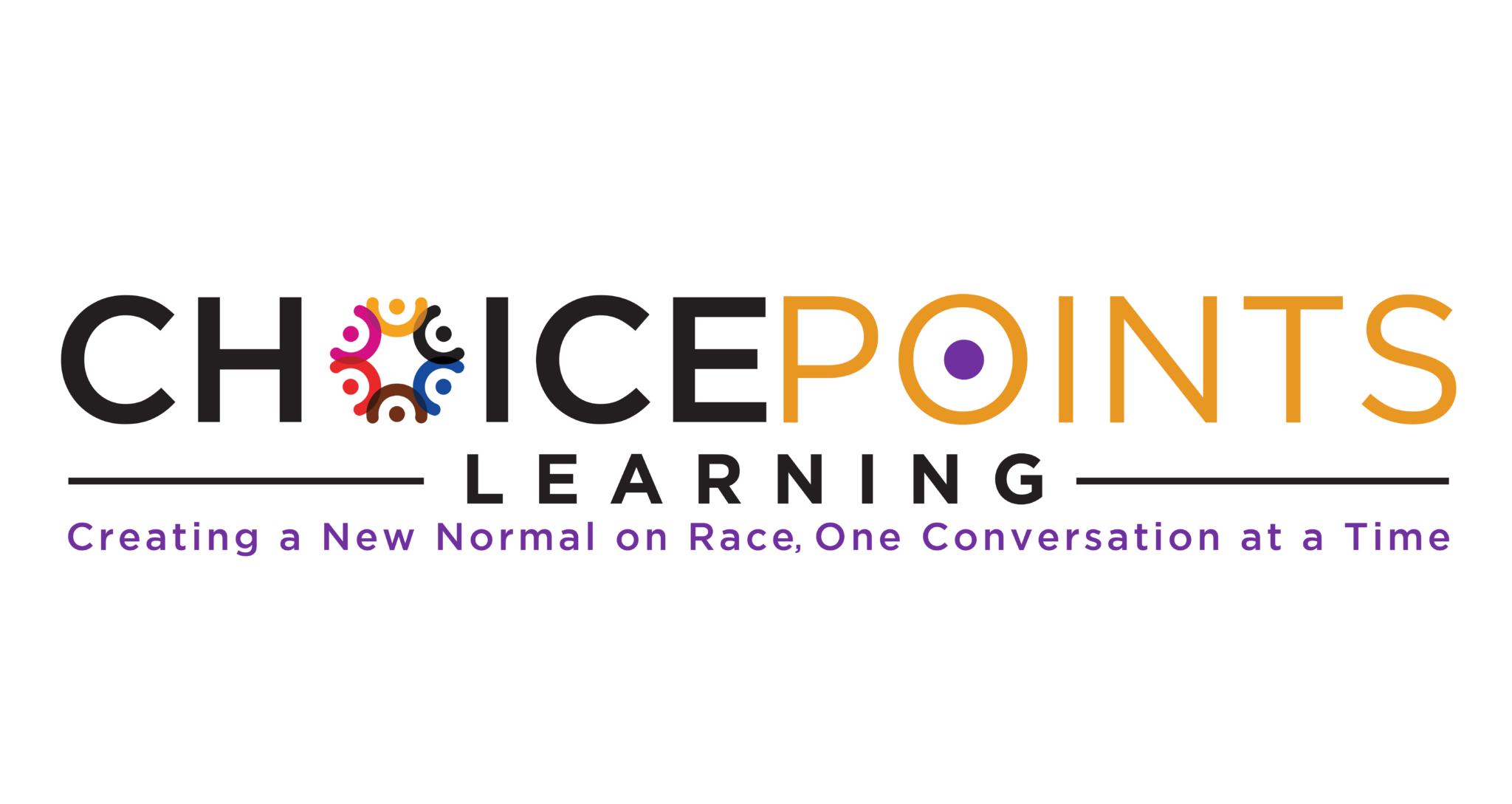
As we enter 2020, the narratives and behaviors of fear, distrust, misunderstanding and polarization are permeating every element of our society; from our communities to the workplace. Today’s cultural and political environment is as divisive as it has ever been in our history. Perhaps one of the most obvious topics wrought with fear and misunderstanding is race. The dynamics, complexities and implications of race are interwoven into the fabric of our communities, organizations and institutions. Yet, the widespread implications of such dynamics are not only infrequently discussed, but often dismissed and denied. We have a choice. We can succumb to divisive dynamics or seize this opportunity for bold, courageous and transformational leadership. We do have a choice.
Diversity is Realty
Undeniably, our global and societal demographics have changed and will continue to change significantly. Diversity numbers are rising and by 2045 people of color are projected to be the majority not only in the U.S., but across the world. This will be the “New Normal.” This “New Normal” will require organizations and businesses to abandon their historic, comfortable, status quo approaches and strategies to effectively engage, utilize and benefit from this different marketplace and societal reality.
As a result of these dramatic demographic shifts, we’ve already seen significant changes in the way business is done. Diversity is no longer the obligatory politically correct term cavalierly stated to appear woke, but is the driver of social and economic reality.
Tools of Change
Coaching has historically been at the forefront of helping leaders address the challenges of organizational change and effectiveness. One of the most successful tools in the arena of leadership development is coaching. Given the dramatic cultural shifts occurring globally, and the impact it is having on people at every level, coaching is an even more vital element in the leadership development and organizational effectiveness toolkit.
While organizations and businesses are preparing for and adapting to the impact and realities of the “New Normal,” are coaches readying themselves to properly address the needs of our clients as they face these new challenges?
Coaching with Cultural Competence
Similar to organizations and businesses operating in this “New Normal” reality, coaches cannot continue serving leaders using the same tools, models, approaches and mind sets of yesterday. The key to effectively operating in our “New Normal” world is to coach with cultural competency.
At its very essence, coaching is about partnering with clients to inspire them to maximize their personal and professional potential. Coaches encourage and embolden their clients to become the experts of themselves; producing the solutions and strategies that bring them satisfaction and fulfillment. Therefore, it is fundamental that coaches become culturally competent, meaning they are aware of and understand the distinctions of difference, and can skillfully integrate those understandings in service to maximizing the development of their coachees.
So, what is cultural competency?
Cultural competency is not a destination to reach or a class one takes to be deemed certified in and the learning is complete. It is a process of on-going learning that invites self-awareness and assessment of biases, stereotypes, and perspectives held of others as well as, increasing awareness of the contexts and lived experiences of others who are different from us culturally.
A Culturally Competent Coach is one who:
- Is actively in the process of becoming aware of their own assumptions about human behavior, values, biases, stereotypes, personal limitations
- Actively attempts to understand the worldview of their culturally different client.
- Is in the process of actively developing and practicing appropriate, relevant, and sensitive intervention strategies and skills in working with their culturally different client.
Leadership coaches have a uniquely powerful and influential position to affect positive change in the lives of people and shift their ability to improve and grow. In today’s “New Normal,” leveraging one’s cultural competence is essential for personal and organizational success.

